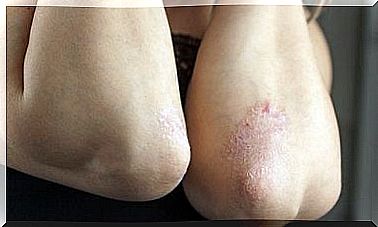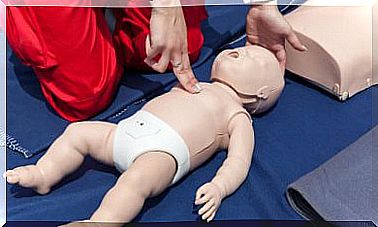Inflammation Of The Esophagus: What To Do?
If the esophagus is inflamed, one speaks of esophagitis. There are several causes and, accordingly, various treatments.
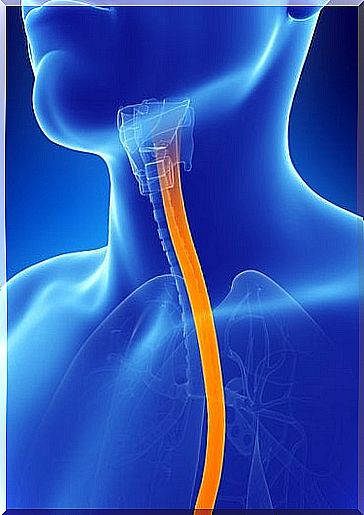
There are several possible causes of an inflamed esophagus, which is why the treatment can of course vary greatly depending on the cause. However, the symptoms are the same for almost any cause. Learn more about esophagitis!
When the esophagus is inflamed
It is rare for the esophagus to become inflamed, but it is still a disease that you should have heard before in order to recognize any symptoms that may occur and to consult the doctor in good time to avoid consequential damage.
The inflammation of the esophagus can become chronic and, depending on the cause, torment you for many years. Therefore, not only is the diagnosis important, but also knowing the cause and remedying it if possible.
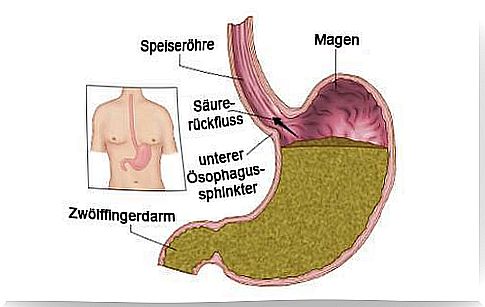
Triggers of esophagitis
There are several triggers for an inflamed esophagus. The most common cause is reflux: stomach acid rises into food acid, for example during sleep.
We also know this phenomenon as “heartburn” because the acid in the esophagus causes a burning sensation.
There are also other less common causes of the esophagus becoming inflamed:
- Fungal diseases
- Herpes viruses
- Viruses
- Burns from accidentally drinking chemicals
- Burns from food that is too hot
- Irritation or slight frostbite from food that is too cold
- Medication
- alcohol
- Foreign bodies (e.g. when intubating during an operation)
- Tumor / cancer
- allergy
- Diabetes mellitus
- Crohn’s disease
For some inflammations of the esophagus, the cause or trigger is completely unknown, so only the symptoms can be treated, but not the cause. Unfortunately, such cases often develop chronically.
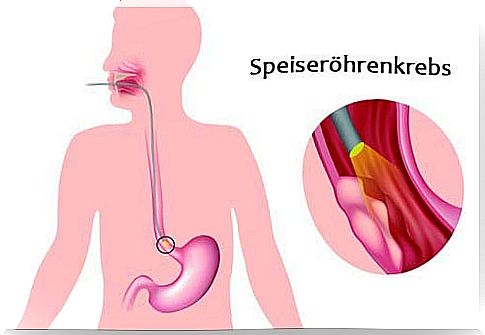
Risks
If an inflammation of the esophagus is not treated or not treated in time, larger ulcers can form, which narrow the esophagus.
Large-area scar formation leading to constrictions is also possible, which leads to hardening of the tissue.
In some cases, bleeding also occurs, which occurs again and again due to repeated food intake and is difficult to cure permanently.
In some cases , chronic or untreated esophagitis can also lead to cancer or precancerous lesions.
So if you suspect that your esophagus may be inflamed, you should be careful to get the inflammation treated quickly and to investigate and eliminate the causes in view of these possible risks and consequential damage .

Symptoms
As you now know, there are many reasons and causes of inflammation. However, the symptoms are usually the same, so the symptoms may not necessarily tell you what the cause is. The following signs are typical of esophagitis:
- difficulties swallowing
- Burning feeling
- Pain behind the sternum
- Pain in the upper abdomen
- Tightness in the throat
- Nausea or vomiting
- Blood in your stool / black stools
- Anemia / anemia
- White coating in the oral cavity (only with fungal attack)
Especially if you have reflux, you should watch yourself carefully for these symptoms.

therapy
The safest and most long-term therapy is always one that eliminates the cause and not the symptom.
So it is of no use to take analgesic lozenges against the pain or to puree food so that it can be absorbed more painlessly.
Therapy for esophagitis is basically a therapy for the underlying complaints. For example, tablets against heartburn, which prevent an excessive secretion of stomach acid, and an appropriate diet.
If fungi or viruses are the cause, appropriate drugs are used, which act against fungi or viruses.
If you cause symptoms yourself, you are also asked to: make sure not to swallow food that is too hot or too cold, avoid alcohol and always take medication with plenty of water so that it does not irritate the esophagus.
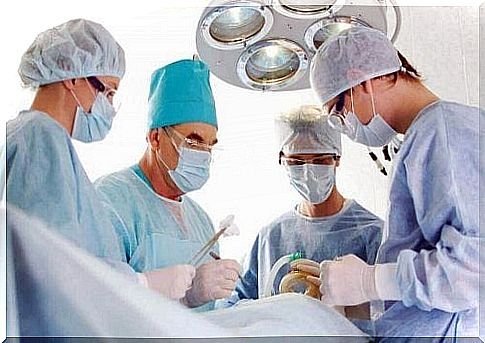
Do you need an operation?
As a rule, esophagitis heals well if you actively help yourself and follow your doctor’s instructions consistently.
If the inflammation has become chronic for any reason or has gotten out of hand, the esophagus may narrow, as already described, due to scarring or large ulcers.
If this is not reversible, it makes sense to have an operation in which the esophagus is widened again so that you can swallow better again, nausea is reduced and the irritation from food and scar tissue that has become inflexible is reduced.
Don’t let it get that far and take care of yourself!


